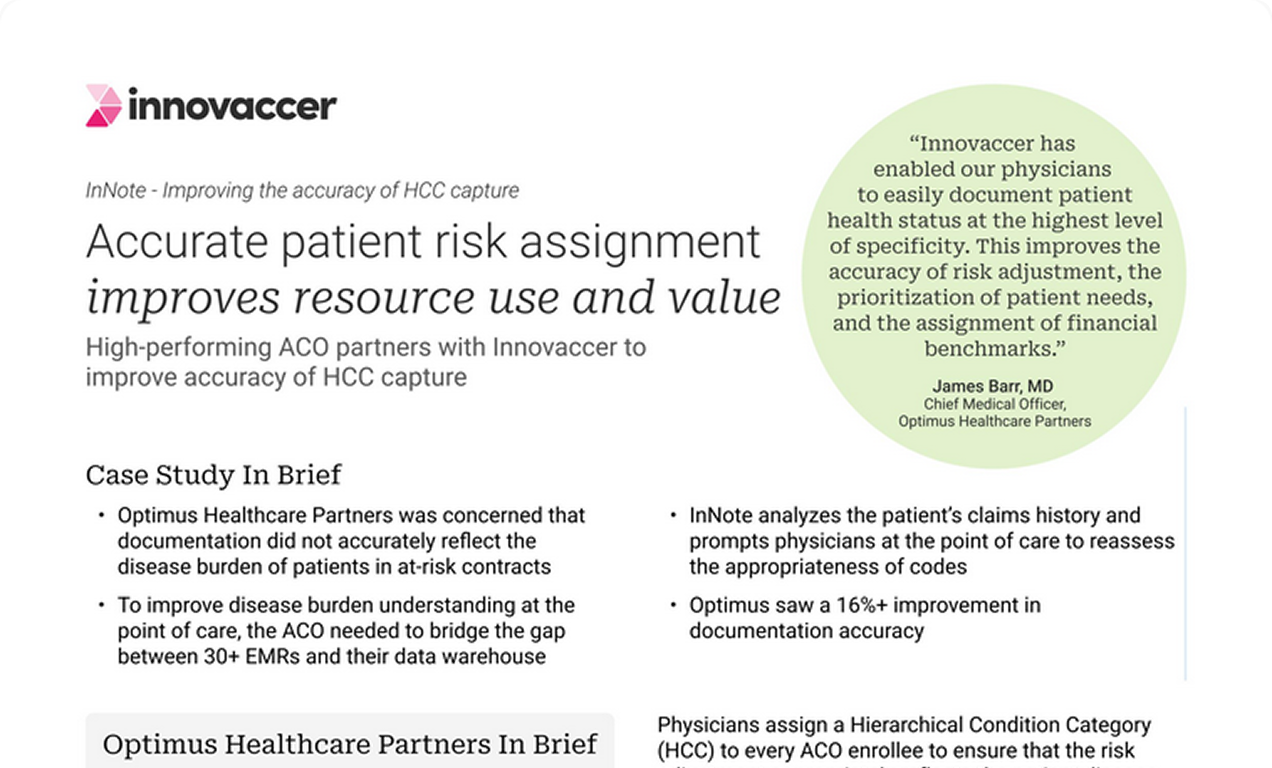How AI is Revolutionizing Medical Documentation

Medical documentation is one of the many areas that is being revolutionized by artificial intelligence. It has the power to potentially change the way medical staff maintain patient records, expedite administrative procedures, and ultimately enhance patient care. Its ability to automate and streamline many time-consuming administrative duties can have a huge impact on healthcare providers by freeing them up to focus on patients rather than documentation.
Role of AI in Medical Documentation
Over time documentation has been a major issue and the cause of stress for physicians and healthcare staff, ultimately increasing their burnout rate. Charting, paperwork, and EHR notes (which can take over two hours a day) are the major contributors to this stress. With the use of natural language processing (NLP) algorithms, healthcare teams can now accurately record and transcribe doctor-patient talks in real-time through clinical notes, saving them hours in administrative work.
Beyond transcription, AI is being used to gather data from previous notes generated by physicians and automatically updated in electronic health records, which include medication and medical histories. During patient visits, an AI scribe can instantly identify discrepancies or missing data and enhance the accuracy of the document.
Improving Clinical Documentation through Transcription and AI Scribe
AI is demonstrating great potential in imitating physician workflows, posing intelligent screening questions to patients, and even proposing potential diagnoses or courses of therapy based on primary symptoms and risk factors. These features combined help the healthcare provider to better manage notes, diagnoses, and prescriptions as the software works to assist them. These innovative AI assistants help to reduce a physician’s administrative workload freeing them up to concentrate on providing better quality patient care. When healthcare organizations integrate these new AI technologies, provider satisfaction, and efficiency improve significantly over time.
Speech-to-Text Features
Healthcare providers can dictate patient encounters using NLP algorithms which result in structured text format using AI-powered speech recognition techniques. The speed of data input is increased dramatically from 35WPM during manual input to 150WPM for data input through AI. This improvement has simplified the process of recording patient visits. Speech recognition software also reduces transcription errors, and it can also increase the accuracy of clinical documentation.
Use of Medical Codes and Applications in the Revenue Cycle System
Medical coding plays a crucial role in medical documentation for billing and reimbursement procedures during healthcare services. With algorithms and AI, clinical documentation may be analyzed and processed to provide suitable medical codes based on recorded diagnoses and procedures. This further helps to expedite the coding process and reduces the possibility of coding errors.
Structure of Data
AI systems retrieve information, including patient histories, physical examination results, and diagnostic findings, from unstructured clinical notes. It effectively sorts the data applying structure and uniformity making it more usable at the point of care by caregivers. AI-powered platforms enhance EHR system interoperability and streamline data transmission between various healthcare companies by standardizing this information in a structured manner.
Benefits of AI in Healthcare Delivery:
- Continuity of Care - Because healthcare data is vast and interconnected, continuity and clear communication are critical between departments to streamline care and ensure treatment occurs without any disturbance or obstructions due to the lack of documentation quality.
- Billing Processes - During and after the treatment process, documented evidence is required for billing and the financial aspects of care management. Gaps or the lack of documentation can result in errors or incomplete billing which can impact patients, providers, and payers.
- Legal Coverage - Proper documentation is necessary for proving the case and receiving the benefits of financial services for coverage and insurance. The required paperwork and proper specifications act as a defense against malpractice and fraud.
- Improved physician/patient interaction - Proper care and easy access to information & details provide a sense of trust & satisfaction among the patients.
- Medical Diagnostics - AI-powered algorithms can help diagnose diseases such as cancer, and identify fractures and cardiovascular disorders by analyzing medical imagery such as X-rays, MRIs, and CT scans. Early illness diagnosis is aided by machine learning models that find patterns and anomalies in medical data.
- Customization of Treatment Plan - AI can assist medical practitioners in creating personalized treatment programs based on clinical, genetic, and lifestyle information about the patients. By customizing treatment suggestions based on unique health profiles, outcomes can be improved.
The Future of AI in Healthcare
AI has the potential to improve the quality and efficiency of healthcare delivery by freeing up healthcare providers to concentrate more on patient care by automating repetitive chores, enhancing data accuracy, and offering insightful decision support. There is incredible potential for dynamic innovation in medical documentation as well as AI technology development.
Using AI improves workflow increasing productivity, raising standards of care, and improving patient outcomes. With AI-powered tools, medical documentation systems will be able to provide increasingly advanced features like context-aware documentation, predictive analytics for managing diseases, and seamless connection with telehealth platforms. These developments will impact how medical personnel work with patient data to improve outcomes.


.png)






.avif)









.svg)
.svg)

.svg)

